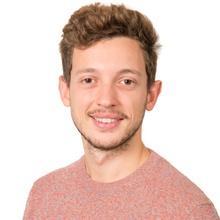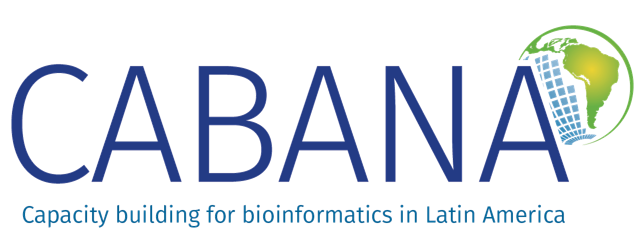
Federico Agustin Vignale
PhD studentFederico is a PhD student at the University of Buenos Aires, Faculty of Exact and Natural Sciences (Argentina), with a Master’s degree in Microbiology and Biotechnology. In 2014, he was awarded outstanding student of the University of Buenos Aires for receiving the Gold Award and the Best Model Award in the International Genetically Engineered Machine Competition (iGEM), in which he developed an arsenic biosensor for drinking water. In 2015, he continued working in the field of Synthetic Biology, developing artificial cellulosomes for the production of biofuels.
Project summary
/*-->*/
The aim of the project was to characterise the microbial communities in the Argentinean Puna and evaluate the arsenic resistance and bioenergetic mechanisms in those communities.
Project outcomes and impact
Federico broadened his knowledge and expertise in bioinformatics, especially in the field of metagenomics. Importantly, his confidence to do his own research in Latin America increased. The results of the research have deepened the understanding of arsenic resistance and bioenergetic mechanisms in bacterias and archaeas. Now, we are close to demonstrating that archaeas are able to obtain energy from arsenic, which has never been reported before and we aim to publish at least two research papers in high impact journals.
Federico had the opportunity to meet people from different fields and with different backgrounds, who he plans to keep in touch with in the future. For example, he met the argentine ambassador to the UK, who granted him an appointment with John Jackson, head of Science Policy and Communication at the Natural History Museum. In the near future, he hopes to collaborate with this important institution.
One of the most valuable aspects of the secondment was the experience of doing research in a different country. Federico commented 'In Latin America, we have the false belief that in the rest of the world, researchers are more intelligent than us, because they publish more. However, I have realised that we have the same skills but different opportunities and equipment. Thus, researchers in Latin America have to constantly find the way of doing their research with few resources.'
